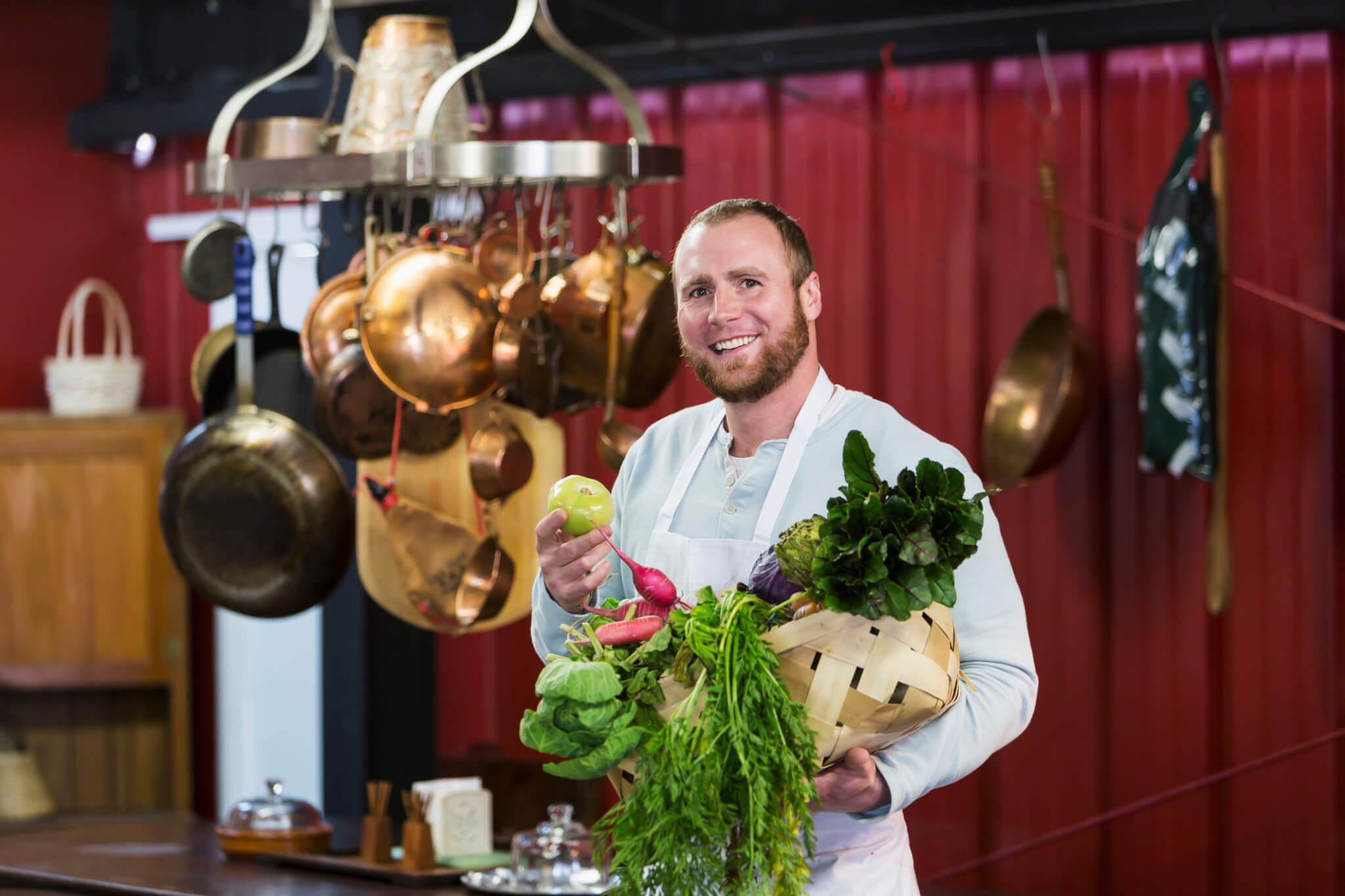
Sustainable Dining: More Than Just the Food On The Plate
Industry buzzwords like “farm-to-table” or “farm-to-fork” have been gaining traction over the last few years. Customers are becoming more socially conscious and are making more deliberate choices about the food they eat and their impact on the environment. Maybe sustainable dining, or sustainable food service, is on your radar as you look to make changes to your restaurant, bar, hotel dining, or catering company. But, are you a little lost on where you can begin?
What’s important to remember when taking the first step towards sustainable dining is that you don’t need to make all of these changes in one sweeping gesture. Create a plan to make small changes, just a few at a time, until you’ve reached all of your sustainability goals.
Sustainable Food Choices
One of the cornerstones of sustainable dining is choosing local and seasonal foods for your menu.
For dining, catering, or event planning, start by creating four seasonal menus built around the foods that are “in season.” When we think about seasonal foods, produce immediately comes to mind, but did you know that meat, eggs, and cheese are also “in season” at different times throughout the year?
Other sustainable food choices you can implement include:
- Make seasonal foods last throughout the year by drying, freezing, canning, and preserving.
- Consider the environmental impact of growing the foods you add to your menu. Poultry has less environmental impact than beef or pork and vegetarian options have even less impact.
- Partner with local suppliers. When food is locally sourced, it can ripen in the fields longer. These foods are picked at the peak of freshness and maintain more nutritional value.
- Choose small, family businesses over mass-produced food service. Local growers are more apt to use sustainable practices.
Choose Local Spirits
Beyond the food on the plate, you can make sustainable choices about the beer, wine, and liquor you serve at your bar. Local craft breweries, wineries, and even distilleries are on the rise, many of which are using eco-friendly methods to reduce their environmental footprint.
Partnering with local alcohol producers not only allows you to serve a more sustainable product but also lessens the environmental impacts of transportation and shows a commitment to the community in which you operate.
Create a Sustainable Tabletop
Sustainable dining doesn’t only refer to the food and drinks your customers consume. Your table top is an easy place to make small changes focused on sustainability.
- Print your menus on recycled paper.
- Cut down on table linens, table cloths and cloth napkins that require a lot of water, chemical cleaners and bleach to maintain.
- Choose paper goods (napkins, coasters, beer mats) that are unbleached and produced from recycled materials.
Responsible Waste Management
Sustainable dining doesn’t end when the meal ends. How the food service industry handles their waste management plays a big role in sustainability. It’s common place to recycle plastics, glass bottles, metal tins or cans, and cardboard packaging.
But what about your food and paper waste? Is composting on your radar? Through composting, your organic waste decays, or breaks down, into a nutrient-rich compost that can be used as fertilizer.
Most food service operations utilize a third-party source to handle their composting and the process often starts by conducting a waste audit. By understanding the types of waste you’re producing and understanding why the waste is occurring (food spoilage, improper cooking, uneaten portions), you can make systematic changes within your business (better inventory management, smaller portions) to reduce the amount of waste you are creating.
For more information on starting a sustainable dining program, The Sustainable Restaurant Association has created a sustainability framework for any food service establishment to follow.
